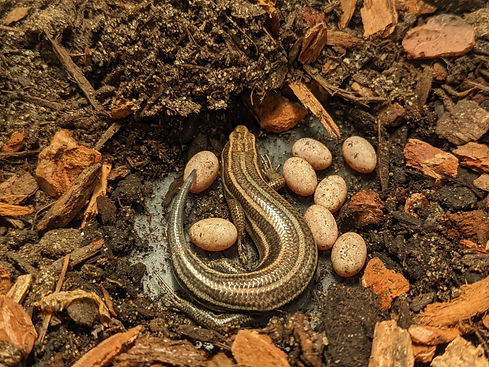
Moss Lab
Research Themes
Projects in the Moss Lab span two major themes with theoretical foundations in evolutionary biology, ecology, and behavior. Click on the links to learn more about each theme.

With global environments changing at an unprecedented rate, biologists are grappling to understand how natural populations will respond over demographic and evolutionary timescales. While much of this work has focused on organismal performance at environmental extremes, broadscale changes over space and time are also likely to trigger cascading effects on social and reproductive systems via bottom-up effects on individual behavior and physiology. Past and ongoing work in the Moss lab aims to uncover these links by combining long-term monitoring and rigorous experimental approaches.
In many species of animals, successful reproduction hinges on parental care of offspring. Parental behaviors are incredibly diverse in nature and range simple egg brooding to the coordinated provisioning of hungry, begging offspring. What differentiates a doting parent from a neglectful mother or filial cannibal? Past and ongoing work in the Moss Lab aims to uncover the extrinsic (e.g., social and environmental cues) and intrinsic (e.g., physiological, neural, and molecular changes) mechanisms that underpin parental behavior across contexts and understand how behavioral plasticity may facilitate or constrain the evolutionary diversification of care.
